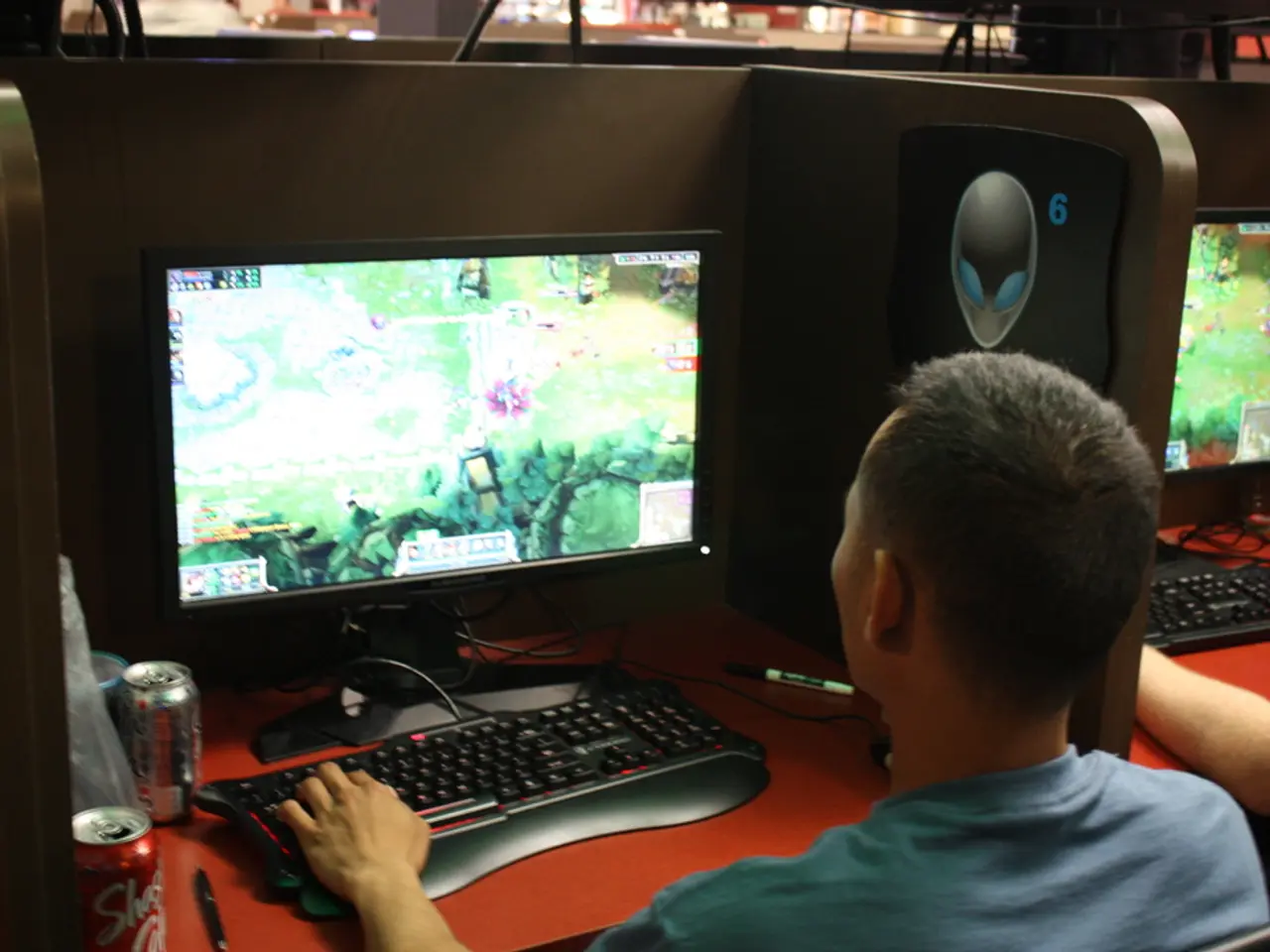Strategies for Safeguarding Your Private Data During Online Gaming Sessions
In the digital age, protecting your personal information while gaming is more important than ever. Here are some key tips and strategies to help you maintain your privacy and reduce the risks of data breaches, identity theft, and online scams.
Firstly, it's crucial to use strong, unique passwords for each of your gaming accounts. Aim for passwords that are at least 12-15 characters long, including letters, numbers, and symbols. It's also advisable to change your passwords regularly, at least twice a year.
Another essential security measure is enabling two-factor authentication (2FA) where possible. This additional layer of security can provide extra protection, using methods such as fingerprint, facial recognition, or voice recognition.
To encrypt your traffic and mask your IP address, consider connecting through a trusted VPN or a personal hotspot. This can help prevent tracking and interception, keeping your online activities private.
Be cautious about the platforms you choose to game on. Stick to legitimate, authorized gaming platforms to avoid malicious software or scams.
When it comes to sharing personal information, be mindful of what you reveal, even seemingly harmless details like your timezone could still be used to piece things together. Avoid oversharing in public forums, comments, and chats.
Regularly review your account activity to detect unauthorized access early. Use secure and reputable payment methods when making in-game purchases and leverage any available spending or session time limits to control your exposure.
On a broader scale, privacy-first approaches in gaming can enhance player anonymity and trust without compromising game experience or monetization. Systems focusing on behavioral data instead of personally identifiable information can be beneficial in this regard.
Remember, never click on random links unless you trust the source. Be wary of external links, especially shortened URLs, "giveaway" or "promo" links sent via DM, and fake log-in screens that mirror popular gaming platforms. These can potentially lead to compromised gaming accounts.
Using a separate, dedicated gaming-only email can help keep spam out of your main inbox, track phishing attempts, and reduce the risk of identity leaks. Reusing the same password for multiple accounts increases the risk of a data breach and compromised personal information.
Lastly, using the same gamertag across multiple platforms and forums can make it easier to trace a person's digital footprint. Consider using variations or throwaway usernames for different platforms, especially those tied to sensitive data.
By following these practical measures and being mindful of data privacy, gamers can significantly reduce their risks and enjoy a safer, more secure gaming experience.
Enhancing cybersecurity is essential to safeguard your personal information while using gadgets for gaming. Implementing strong, unique passwords, enabling two-factor authentication, encrypting traffic using VPNs, and being cautious about gaming platforms are crucial steps in maintaining privacy. Additionally, avoiding oversharing of personal information, reviewing account activity regularly, and adopting a privacy-first approach in gaming can further strengthen cybersecurity practices in the realm of technology.




